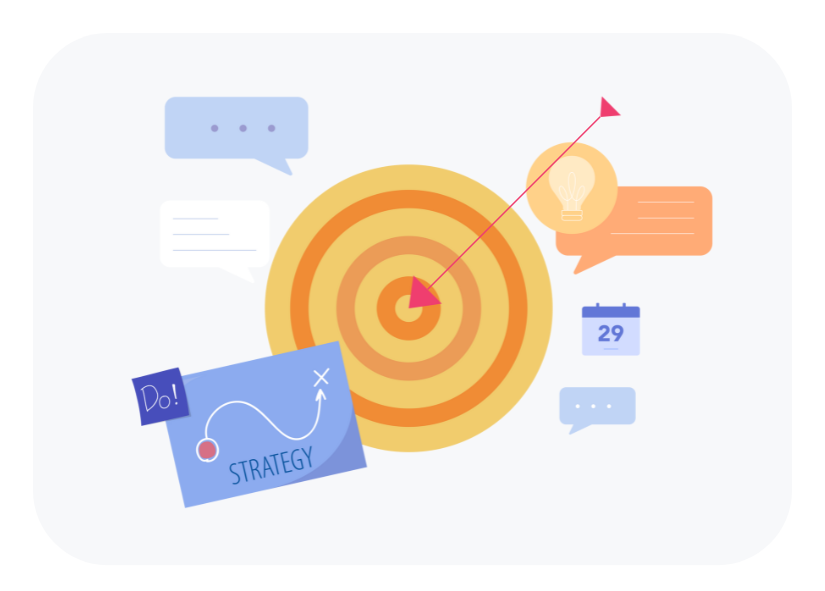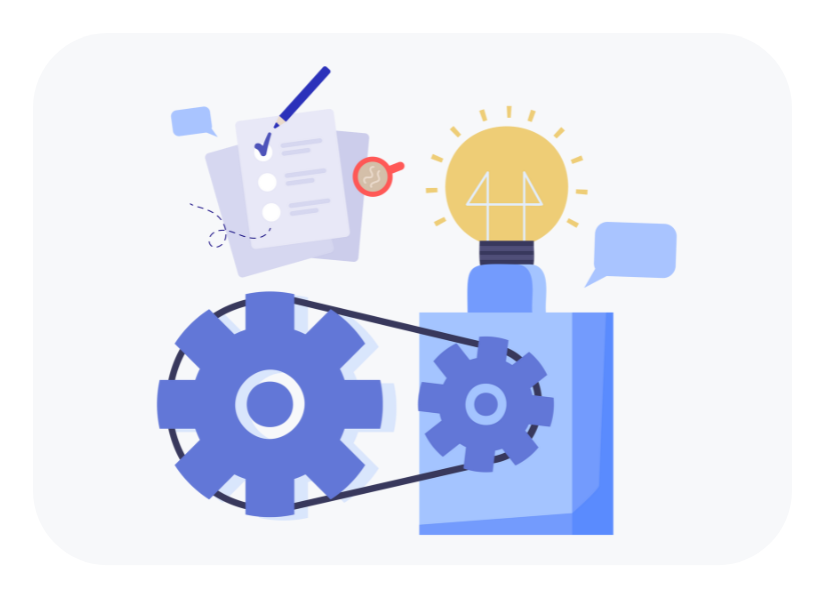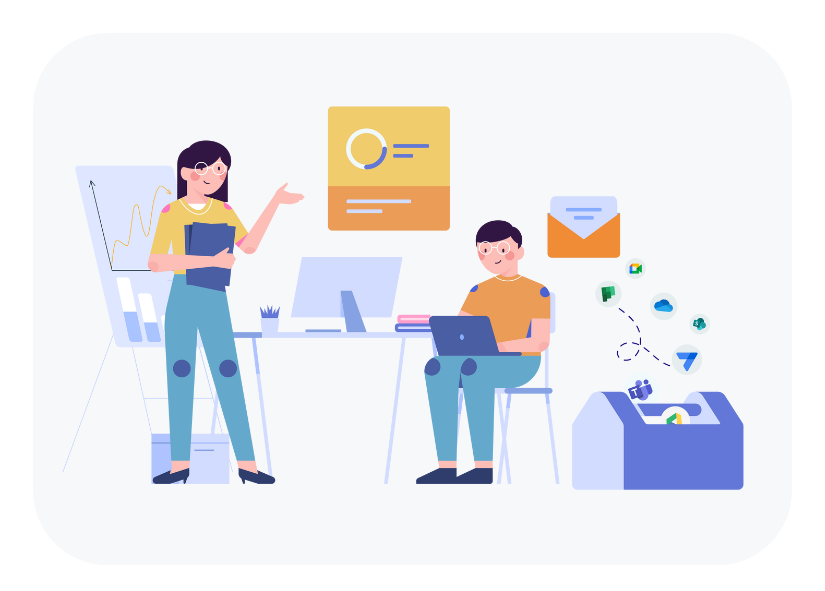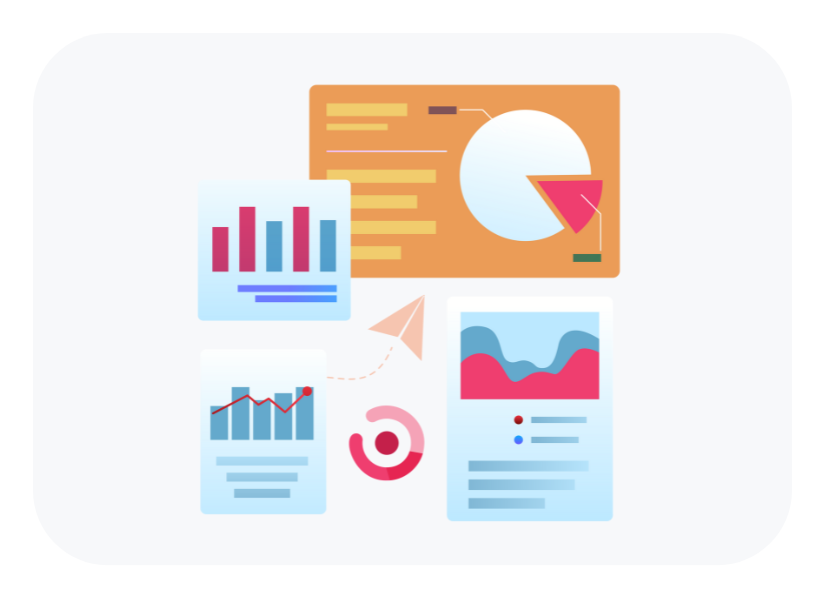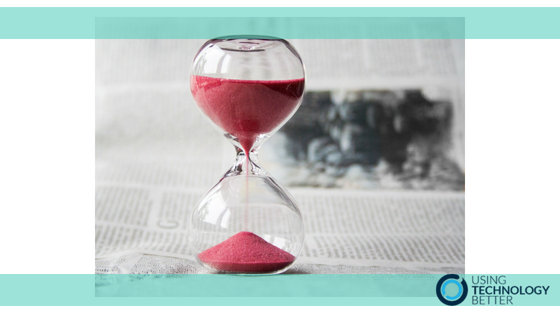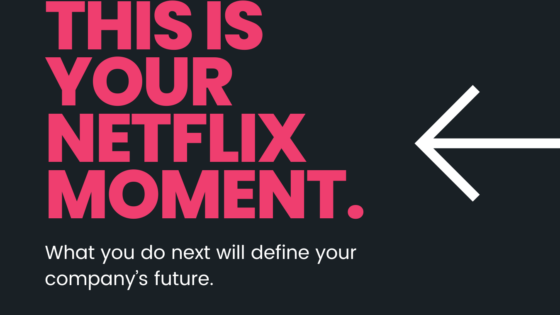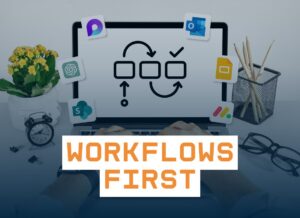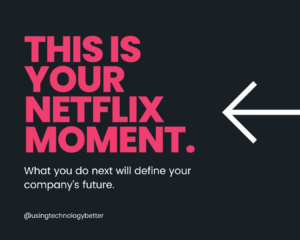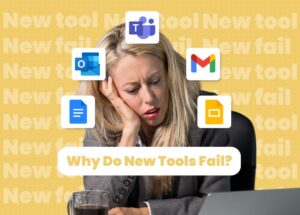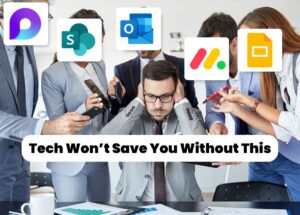Teaching is a complex, multi layered vocation that has many demands, especially on our time. It seems that time has become a precious commodity and when I ask teachers about what they would like, they tend to always reply ‘more time’. Sometimes we do wear busyness as a badge of honor (that could be a whole other blog post), but the lack of time is a constant problem. The good news is, you can win back some time by putting into place these four practices.
- Turn off notifications
- Work collaboratively
- Manage your emails
- Focus on the 20%
[bctt tweet=”Feeling time poor? These four tips will help you to win back time!” username=”adifrancis”]
Turn off notifications
You have probably been in a meeting or working on a task when a pop up notification accompanied by a sound appears at the most inopportune time. These little reminders can be more of a distraction, stopping our flow of thought and interrupting focus. These distractions actually slow us down, waste time and reduce our efficiency. Not only that, it can come across as being rude or uninterested if the conversation you are having is interrupted by you looking down at your screen rather than giving your full attention to the moment you are in. The solution is to turn off the notifications to save time. This may seem counterintuitive, as the notifications are meant to assist us with our workflow, but in fact can impede it.
[bctt tweet=”Turning off notifications may seem counterintuitive as a time saver, but pop-ups can distract us from the task at hand.” username=”adifrancis”]
To start with, try turning off notifications for email and social media. You may want to leave calendar notifications on as this may save you from missing a meeting. You will have to develop a process for checking mail, but by doing this you are starting to control your email, rather than it controlling you.
Work Collaboratively
We have all experienced working with other people to complete a task. Not only can you complete the task quicker, but you can learn so much from others. All three major technology ecosystems, Apple, Microsoft and Google, offer the ability to work collaboratively easily. To be able to build resources with many authors in real time means that we can expand our network and value-add to our knowledge. This can be done anytime and is not restricted by geographical location. An argument against building resources with others is that it may not be exactly like how we want it. That is a legitimate concern, however, I believe that the wins by working collaboratively outweigh this. I now lean towards the ‘I can live with that approach’ and that has saved me time and I have learnt a lot from the input of others. For me this is a win-win, I save time, learn more and develop great resources. Start with working with teachers in your school or sector and then slowly expand this network. You may find that someone is developing a unit of work similar to yours and by working collaboratively you can win back some time.
Manage Email
Email can be a blessing and a curse which can steal a lot of time. This is because email tends to control us, rather than us controlling it. We can use email as a to-do list and therefore leave all our mail in the inbox. This can cause more stress than was intended as when we look at a long list of things to do we become despondent, rather than developing a good plan to manage the tasks. There are a couple of processes you can put in place to start to control your email.
Schedule time
Develop a routine to work on your emails at specific times during the day. In this time you can sort your mail and address some of the mail. Use the two-minute rule to decide if you respond to the email or not. If it will take longer than this, then pop it in a folder until you have space to address it.
Use folders and filters
Set up folders called Urgent, Waiting and Follow Up. You can then move the mail that will take longer than two minutes to address into these folders and then schedule time to work on them later. Filters can be used to automatically move emails into appropriate folders.
This has the benefit of reducing your inbox, but also developing a workflow that will make your more efficient and will win back time.
Check out this blog on becoming more efficient in the use of Gmail.
[bctt tweet=”Planning your week or day in advance will allow you to set aside time to focus on the 20% and begin to be proactive rather than reactive.” username=”adifrancis”]
Check out our eReady program that can help your school develop a clear vision and focus on the 20%.
Most of these hints require a change of habit, which requires effort. But the long terms gains are worth it. Take the All-Bran challenge and take one or more of these suggestions to start to manage your workflow and to get some time back, after all, we are all in charge of our own time.
